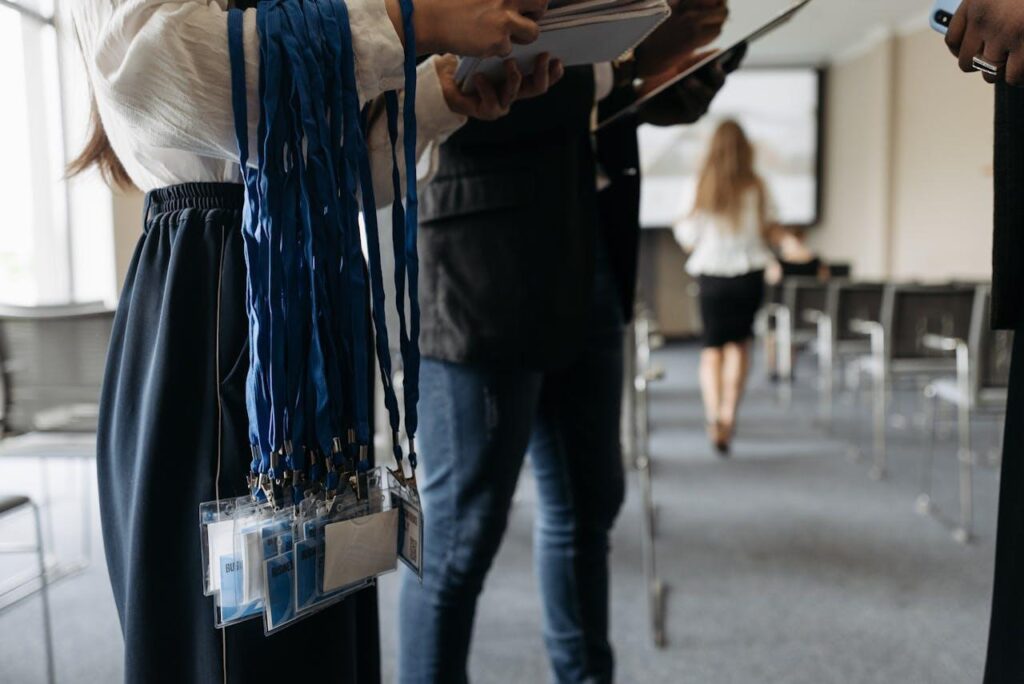The Unsung Roles That Shape Audience Experience
Onstage, entertainers, presenters, athletes, and artists can dazzle audiences. Most visitor experience factors are background. Events run successfully, safely, and entertainingly due to many behind-the-scenes factors. These events begin when visitors arrive and conclude when they leave. These placements have a significant impact, even if they are easy to overlook.

In the past few years, numerous staffing agencies, such as We Are Massive (wearemassive.co.uk), have sought to make previously neglected jobs more professional. They hire and train people to work in the front of the house as wayfinders, stewards, registration assistants, and backstage workers. The way these people engage with each other, which may seem unimportant, shapes the event. After the show, these experts manage the event, handle any confusion, and keep the event’s identity at the door.
First Impressions That Last
The arrival time of guests is one of the most important yet least discussed aspects of any event. The way you welcome passengers sets the tone for the rest of the event. A helpful steward, a swift luggage check, or a marked path are some examples. These exchanges typically occur within 60 seconds and impact happiness and perception. If encouraged early on, people will join, have fun, and stay longer. Brand and organiser credibility is partly based on frontline personnel’s competence. If not more so than the headline act, the entry team makes a lasting impression.
Keeping the Flow
Even those without celebrity status monitor the movement of crowds. Substantial planning and real-time coordination are essential to ensure a smooth passenger flow through check-in, bathrooms, seating, and exits. The staff at these touchpoints adapt to the facility’s size, resolve issues, and accommodate guests with special needs.
Being Able to Solve Problems Calmly When Under Pressure
One of the best things about these jobs is that they can stay calm under pressure. When guests forget their tickets, have trouble getting around, or become upset due to a delay, these on-site personnel typically address the issue. They need to stay cool, follow the rules, and exhibit empathy without getting in the way of work.
Making Support Roles More Important to Core Functions
As the industry learns more about these roles, they are becoming more and more important in the event ecosystem. Training programs for frontline workers and stewards nowadays focus on developing communication skills, learning how to de-escalate situations, and establishing a consistent brand voice. They also need to confidently and consistently portray the event. They are no longer just responsible for tasks.
People who invest in these jobs derive more value from their brand and run their businesses more efficiently. Guests recall how they were treated, how problems were addressed, and how easy it was to navigate the event, but not everything they saw on stage.
Redefining Who Is Responsible for Making Events Memorable
How well each part was shown, not only the performance, is what makes the audience happy at the end. The unsung duties make up the event journey. These individuals endure inclement weather to assist those in line and maintain a positive demeanour throughout extended shifts to ensure the flow of the event. They might not be the centre of attention, but they brighten everything around them.
Image attributed to Pexels.com and source of article is






